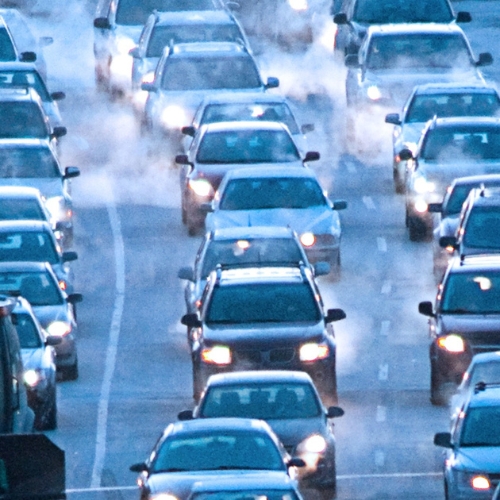Key points from article :
Toxic lead from petrol that was banned 20 years ago still lingers in the air in London.
It is of particular concern for children, as it damages their developing brains and ability to learn.
“For over 30 years, the same pollutant has been recycled,” - Dominik Weiss, co-researcher.
Lead from long-banned fuels has also been identified in Shanghai, China, and São Paolo, Brazil.
32-43% of the lead in the London air was originally from leaded fuels.
Similar lead levels in both roadside and rooftop samples between 2014 and 2018, indicating pollution across the city.
"Levels of lead in the air are now just 2% of the peak in the 80s, but this is still 100 times higher than natural levels," - Weiss.
People’s blood lead levels are linked to atmospheric levels of the pollutant.
“Soil remediation can be a great solution, focusing on places where children get exposed such as playgrounds and gardens,” - Eléonore Resongles, co-researcher.
Study by Imperial College London published in PNAS.





